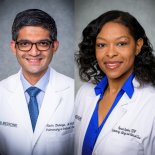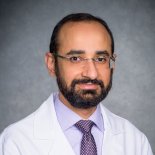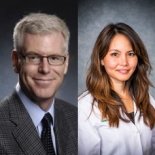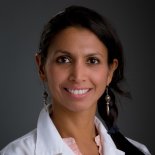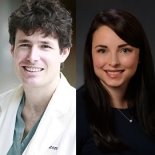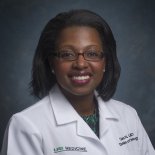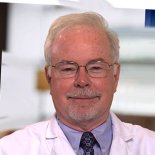Restorative Neurostimulation: a New Treatment Paradigm for Chronic Low Back Pain

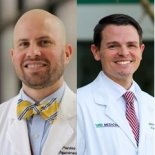
Around 80% of adults experience low back pain, and most are not candidates for surgery. Prentiss Lawson, Jr., M.D., and Christopher Paul, M.D., both anesthesiologists who specialize in pain medicine, discuss a promising new durable therapy for low back pain called restorative neurostimulation. Unlike existing low back pain management options, neurostimulation addresses a root cause, a weak or inactive multifidus muscle. The doctors explain the minimally invasive procedure, which involves sending electric pulses to the multifidus nerves. Learn how this treatment uniquely restores patents’ spinal stability and thereby reduces chronic pain.
